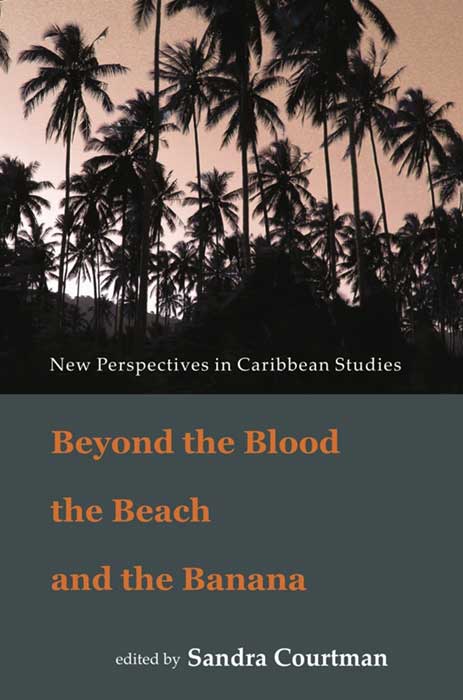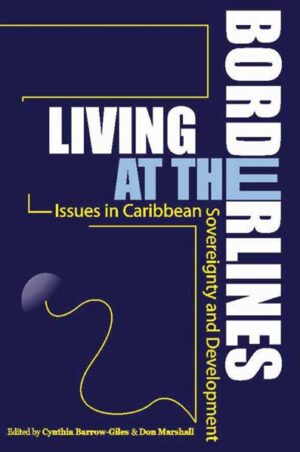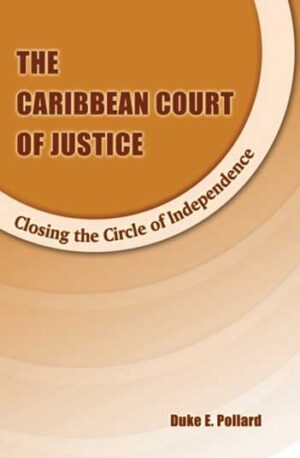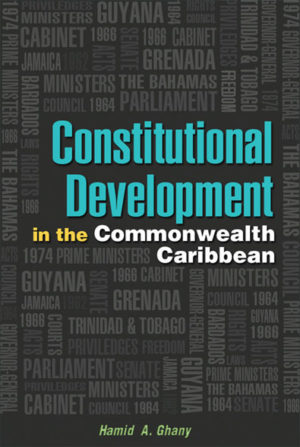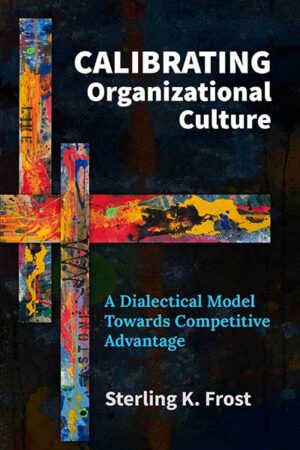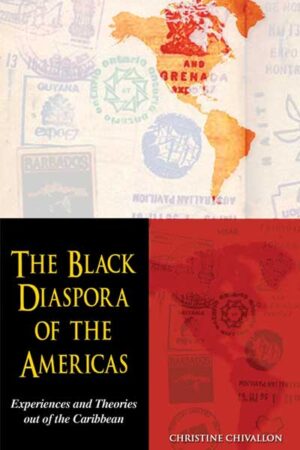Description
Beyond the Blood, the Beach and the Banana emphasises the significance of the Caribbean in an increasingly globalised social world and draws attention to the contribution that scholarship in Caribbean Studies makes in coming to terms with a multi-cultural heritage. The compilation deliberately ranges in focus across periods, geographies, linguistic divisions and subject matter to present the fruition of significant research projects by 25 researchers from the Caribbean, North America and Europe. Contributors on the Hispanic, Dutch, African, Indian and Anglophone Caribbean juxtaposed with work on the Caribbean diasporas of the USA, UK, Canada and the Netherlands enrich the text with multiple perspectives.
Cogently written with a comprehensive bibliography accompanying each chapter, the book strategically examines the Caribbean and its diasporas by dividing the analysis into methodological considerations; history; migration; governance and politics; visual and material culture; and literature.
Beyond the Blood, the Beach and the Banana is an essential read for those beginning or undertaking research in Caribbean Studies and for those interested in the historical roots of European and North American contemporary societies.
Contents
Section 1: Methodological Considerations
- Deadening Voyeuristic and Reiterative? Problems of Representation in Caribbean Research – David Lambert
- Flying Away and Grounds for Concern: Mobility, Location and Ethical Discomfort in Researching Caribbean History from the UK – Chester Petley
- The Importance of Reflexivity in Caribbean Research: Thinking through ‘Race’, Self and Politics – Tracey Skelton
- Textualising Slavery: From ‘slave’ to ‘enslaved people’ in Caribbean Historiography – John F. Campbell
Section 2: History, Migration
- The Other Side of Slave Revolts – Gelien Matthews
- More than Producers and Reproducers: Jamaican Slave Women’s Dance and Song – Henrice Atlink
- Caribbean Migration and Adjustment to Canada: Pursuing the Mobility Dream 1900-1998 – Dwaine Plaza
- ‘Blacks in Ivory Towers Can’t Write about Ghettos’: West Indian Worker Writers in 1970s Britain – Sandra Courtman
- Inbetweenity: Marginalisation, Migration and Poverty among Haitians in the Turks and Caicos Islands – Dennis A.V. Brown
Section 3: Tourism
- Postmodernity or Profitability? Changing Modes of Tourism in Jamaica – David R. Dodman
- Natural Hedonism: The Invention of Caribbean Islands as Tropical Playgrounds – Mimi Sheller
- ‘Sleeping with the Enemy’: Jineterismo, ‘Cultural Level’ and ‘Antisocial Behaviour’ in 1990s Cuba – Mette Louise Berg
- All Sights Reserved: All-Inclusive Resorts and the Imagined Caribbean – Gavan Titley
Section 4: Governance and Politics
- Cracks in the Kingdom of the Netherlands: An Inside Story – Lammert de Jong
- The Transatlantic Banana War and the Marginalisation of Caribbean Trading Interests – Peter Clegg
- The Impact of Globalisation on the Caribbean Sugar and Banana Industries – Belal Ahmed
Section 5: Visual and Material Culture
- Dis-Ordering the World in the Eighteenth Century. The Voyage of the Sable Venus: Connoisseurship and the Trivialising of Slavery – Rosalie Smith McCrea
- The Impact of Indian Film in Trinidad – Lynne Macedo
- A Good Kicker: Analysing Script and Scene with Adolescent Boys in Jamaica – Beth Cross
- A Philosophy of Survival: Anacysim in Jamaican Pantomime – Ruth Minott Egglestone
Section 6: Literature of the Caribbean and its Diaspora
- The Corporeal and the Sensual in Two Novels by Shani Mootoo and Julia Alvarez – Angela Brüning
- Representations of Deference and Defiance in the Novels of Caryl Phillips – John Ford
- Re-inventing Jamaican History: Roger Mais and George William Gordon – Karin Williamson
- Forging Subjectivity in the Jamaican-British Borderlands: Emotion and Identity in Joan Riley’s The Unbelonging – Barbara Shaw Perry
- ‘A Strange Synchronicity’: The Language of Landscapes in Lawrence Scott’s Aelred’s Sin – Emily Wroe
About the Author
Sandra Courtman is a senior lecturer in English Literature at Staffordshire University (UK) where she teaches courses on race, identity and diaspora. She served as Chair of the Society for Caribbean Studies (1999-2002) and edits select papers for the Society’s annual conference proceedings online.

